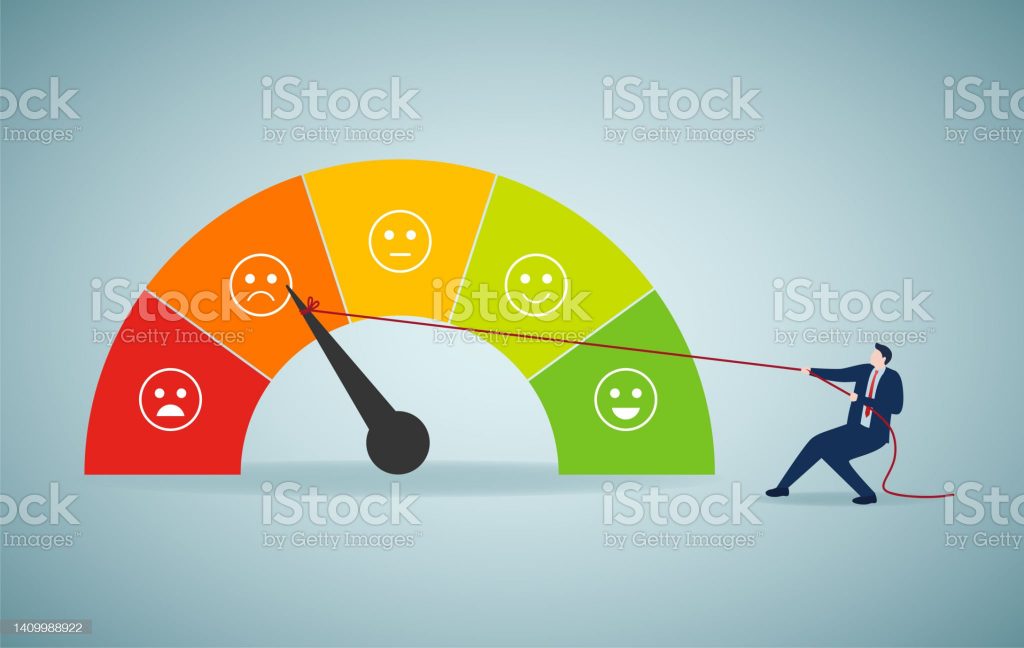An ERP system is the lifeblood of your business. It’s not just something that keeps track of money, inventory, and customers; it’s also a tool to help you manage all aspects of your business as well as streamline operations. But how do you know if your current ERP software is up to the task? What if you want more features than what they offer? Or maybe it’s time for an upgrade because your current solution isn’t meeting your needs anymore? If any of those scenarios sound familiar, read on: we have some tips for choosing an ERP system that will meet all your needs—and then some!

ERP is a customizable, scalable solution and the lifeblood of your business.
ERP is the backbone of your business. It’s a customizable, scalable solution that allows you to manage all aspects of your organization: from sales and marketing to finance and operations. The lifeblood of any organization, ERP is the foundation for everything else you do in your business—and it can help you achieve success by making sure everything runs smoothly at every level.
ERP software is not just a transactional backend process.
ERP software can be used for sales, marketing, and customer service. It helps with quality control and inventory management, hiring, and training new employees.
Your ERP system should mimic a well-oiled machine.
Your ERP system should mimic a well-oiled machine. An ERP system is not just a transactional backend process; it’s also an analytical tool and communications hub that helps you run your business more efficiently.
You want to keep your ERP software responsive with analytics and dashboards so that you can respond quickly when market conditions change, or if someone needs help with an issue in the system.
Keep your system responsive with analytics and dashboards.
Analytics and dashboards are a great way to keep an eye on your business. They provide key performance indicators that can help you monitor the health of your organization, including:
- How much money did we make last year?
- Who was our top customer?
- What is our average order value (AOV)?
Dashboards show these metrics in graphical form so they’re easy to understand. Analytics also allows you to dig deeper into information about specific components of the business—for example, “How many times did someone purchase items from my website?” or “What percentage of customers were new subscribers last month?”

Set your team up for success with training and support.
Training is an essential part of any ERP system. You need to make sure that your employees are trained and supported in using the systems, so they can get the most out of them.
Training should be ongoing, not just a one-off, which makes it much more effective as well. It’s also important to tailor training for each employee role – training managers will see different things than frontline staff or finance professionals – and ensure that everyone feels included in all aspects of their learning process.
Make sure you get what you need from your ERP software to keep your business productive.
While there are many benefits to having an ERP system, one of the most important is being able to keep track of all your business information. This helps you make better decisions, which leads to more profits and less stress.
When it comes down to it, if you don’t have a good ERP system in place for your business then chances are that everything will go wrong for you at some point or another. You’ll waste time trying to figure things out on your own; this could cost both of us money and frustration!
Conclusion
We hope the information above will help you get started on the path to developing your ERP system. We believe that there are many advantages to using an ERP system, from better management of your business to improved efficiency and more efficient operations. We also want you to know that choosing a custom-built solution instead of off-the-shelf software is not as difficult or expensive as it may seem at first glance; in fact, many companies can reduce their costs of ownership significantly when compared with generic solutions available on the market today.
I am a Tech geek and blogger, a seasoned freelancer, and my hobby is to enlighten my views and skills that will helpful for new inductions of the industry.